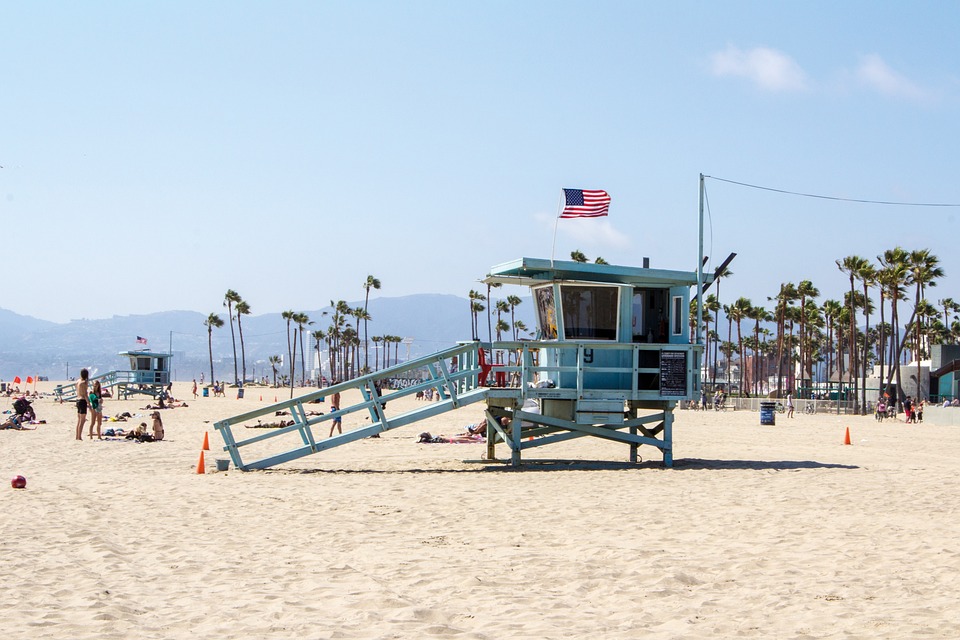Los Angeles is a city steeped in history and culture, shaped by the diverse groups of people who have called it home over the centuries. From its indigenous roots to its role as a hub of the entertainment industry, Los Angeles has a rich and complex history that continues to influence its unique culture today.
Indigenous Roots
The area now known as Los Angeles has been inhabited for thousands of years by indigenous peoples, including the Tongva, Chumash, and Tataviam tribes. These tribes lived in harmony with the land, relying on hunting, fishing, and gathering for sustenance. The arrival of Spanish explorers in the 18th century brought significant changes to the region, as missions were established and the indigenous population was forcibly converted to Christianity.
Spanish Colonial Period
In 1781, Los Angeles was officially founded as a Spanish pueblo under the name El Pueblo de la Reina de los Angeles. The Spanish colonial period had a lasting impact on the city’s architecture, culture, and language, with many of the city’s street names and landmarks reflecting its Spanish heritage.
Mexican Rule
Following Mexican independence in 1821, Los Angeles became a part of Mexico and experienced a period of rapid growth and development. The city’s population swelled, and its economy expanded as trade with other parts of Mexico flourished. However, tensions between the Mexican government and American settlers eventually led to the Mexican-American War and the cession of California to the United States in 1848.
The Gold Rush and the Railroad
The discovery of gold in California in 1848 spurred a massive influx of settlers to the region, transforming Los Angeles into a bustling metropolis. The completion of the transcontinental railroad in 1869 further solidified the city’s importance as a major transportation hub, connecting the West Coast to the rest of the country and fueling the growth of the city’s economy.
The Hollywood Era
The early 20th century saw the rise of the film industry in Los Angeles, with Hollywood becoming the epicenter of the entertainment world. The city’s sunny climate, diverse landscapes, and proximity to Mexico made it an ideal location for filmmakers, and soon studios like Paramount, Warner Bros., and MGM were producing blockbuster films that captivated audiences around the globe.
The Civil Rights Movement
Los Angeles played a pivotal role in the Civil Rights Movement of the 1950s and 60s, with activists like Martin Luther King Jr. and Cesar Chavez leading protests and demonstrations throughout the city. The Watts Riots of 1965 highlighted the deep-seated racial tensions in the city and sparked a wave of activism that continues to this day.
Modern Los Angeles
Today, Los Angeles is a vibrant and diverse city that reflects the multicultural influences of its past. The city’s population is a melting pot of cultures, with residents from all over the world contributing to its dynamic arts, food, and music scenes. From the hipster enclaves of Silver Lake to the glitz and glamour of Beverly Hills, Los Angeles offers something for everyone.
Cultural Landmarks
Los Angeles is home to a wealth of cultural landmarks that showcase the city’s history and heritage. From the historic architecture of Olvera Street to the modernist masterpieces of the Getty Center, there is no shortage of iconic sites to explore. The Hollywood Walk of Fame, the Griffith Observatory, and the Santa Monica Pier are just a few of the many attractions that draw tourists and locals alike.
Cuisine and Arts
Los Angeles is also known for its diverse culinary scene, with restaurants serving up everything from traditional Mexican fare to cutting-edge fusion dishes. The city’s arts community is equally vibrant, with world-class museums like the Los Angeles County Museum of Art and the Museum of Contemporary Art showcasing the best in contemporary art and design.
In conclusion, Los Angeles is a city with a rich and complex history that continues to shape its culture and identity today. From its indigenous roots to its role as a global entertainment capital, the city has been shaped by successive waves of immigration and cultural exchange. Los Angeles is a city that celebrates its diversity and embraces its past, making it a truly unique and fascinating place to explore.
